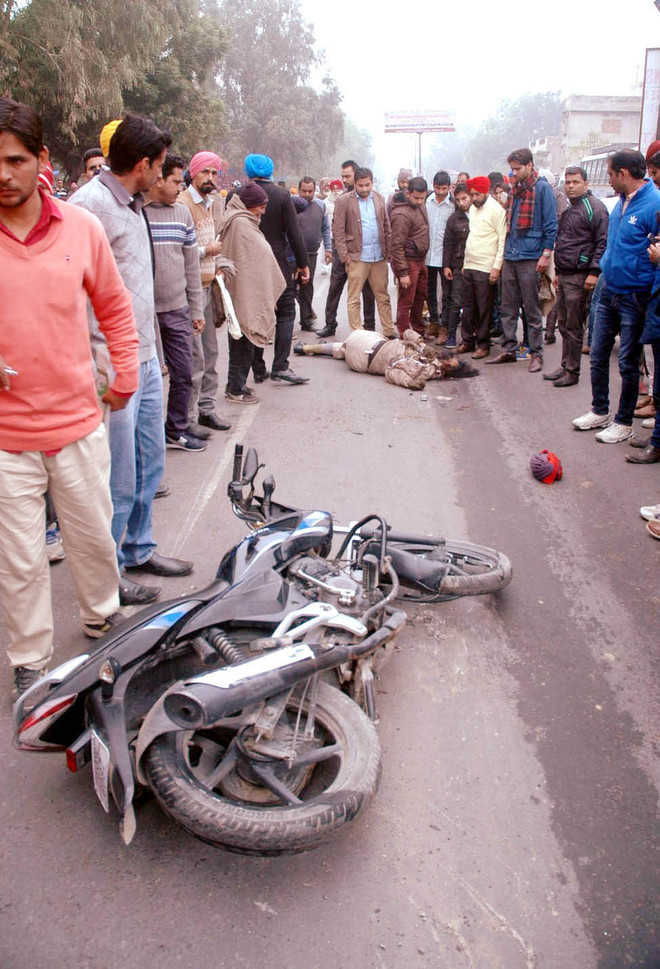

The JP could also appoint a parish (or petty) constable. After 1554, a JP could arrest someone and question them for three days. The JPs also led and organised the parish constables or (in towns) the town watchmen, and here, at last, we get back to policing. That’s more than your average local court can assemble. You need an established director, a big budget, and lots of special effects people. Because witchcraft isn’t something for the amateurs to take on. But the truly big-league crimes–murder, witchcraft, or (again) rioting–went to the assize courts for the big kids to deal with. They also held what were called petty sessions–courts that dealt with low-level crimes.įor more serious stuff–you know, assault, rioting–a number of JPs would pass judgement jointly. They organized road repairs, checked weights and measures, licensed ale houses, and supervised poor relief. The JP was a medieval post–an unpaid one that local landowners generally took on for the prestige. They were unpaid, and all men were expected to volunteer–unless of course you had enough money, in which case you could pay someone else to volunteer for you.Īt the same time as parishes took on a bigger role, so did justices of the peace. In the towns, watchmen–also called bellmen–had been around since Edward I’s time, patrolling the streets at night.

You knew we’d get to policing eventually. (No one said they had to look after them well, but that’s another tale.)Īnd in the sixteenth and seventeenth centuries, they took on increasing responsibility for what we now think of as policing. In 1601, they were responsible for looking after the poor of the parish. In 1555, they were responsible for maintaining the roads. The Tudors gave increasing amounts of responsibility–and power–to parishes. And possibly because some of the better-off parishioners were itching to get their hands on a bit of local power. Because the church organization was there and what the hell, it worked. So we have the lord of the manor’s civil power fading and the local church organization moving into the opening. As if the English language wasn’t messy enough without that. In other words, it went from being a purely churchy word to also being a civil one, and that happened because of the way the lines blurred in our first paragraph between the chuchy responsibilities of a parish and the civil ones. In seventeenth century England–because that’s later than the period we’ve slid into without me bothering to tell you–it came to mean the most local level of government. Or, if you like, it’s the church community in that area. The word came into use in the Catholic Church in the thirteenth century and a workable definition is an area that has one church which is cared for by one priest. Now let’s define a parish, since it was taking over some of the tasks the lord had once handled. So that system was breaking down, as systems will. If peasants broke a law–even if in breaking the law they wronged him–he was the person who judged them. He also dispensed what passed for justice. Under full-out feudalism, the lord of the manor not only owned the land that the serfs couldn’t leave without his permission, he also collected a portion of their crops, claimed some of their labor, and collected fees for everything from marrying off a kid to dying. Sorry, I threw a lot of things at you all at once.


 0 kommentar(er)
0 kommentar(er)
